In a world where technology is constantly pushing the boundaries of exploration, one 59-year-old engineer has taken a bold leap into the unknown. For 120


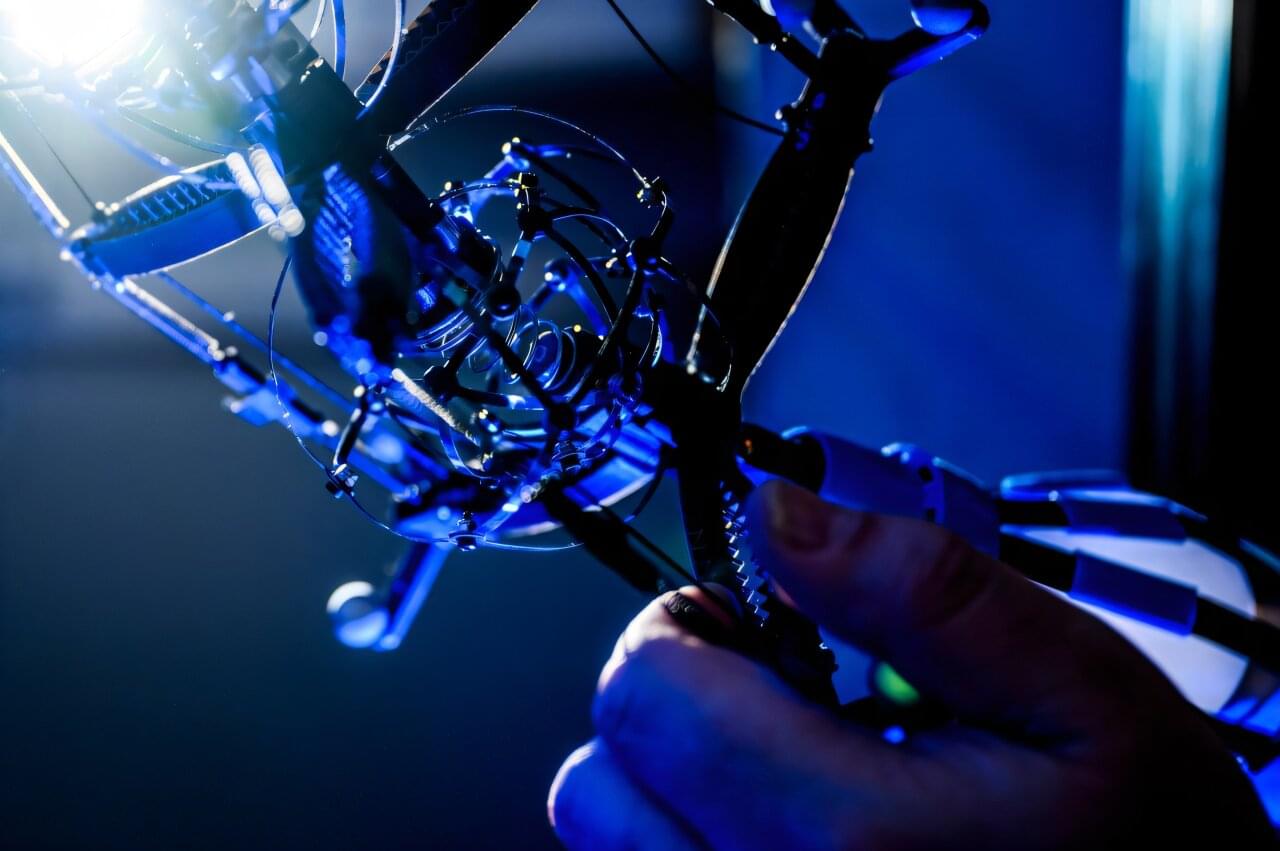
How many robots does it take to screw in a lightbulb? The answer is more complicated than you might think. New research from Northeastern University upends the riddle by making a robot that is both flexible and sensitive enough to handle the lightbulb, and strong enough to apply the necessary torque.
“What we found is that by thinking about the bodies of robots and how we can make new materials for them, we can actually make a robot that has the benefits of both rigid and soft robots,” says Jeffrey Lipton, assistant professor of mechanical and industrial engineering at Northeastern.
“It’s flexible, extendable and compliant like an elephant trunk or octopus tentacle, but can also apply torques like a traditional industrial robot,” he adds.
The provincial government of Andhra Pradesh (AP) in India has entered into a Memorandum of Understanding (MoU) with the Gates Foundation to advance the use of technology in various sectors, including healthcare, agriculture, and education. The agreement was discussed in a meeting between AP Chief Minister N. Chandrababu Naidu and Bill Gates, the Foundation’s chair. Naidu reiterated his administration’s dedication to utilizing innovative technology to propel the state’s development.
The MoU focuses on applying technology in ways that will benefit the public, emphasizing affordable and scalable solutions across essential sectors such as healthcare, medical technology, education, and agriculture. According to Naidu, the collaboration will harness the power of artificial intelligence (AI) to enhance predictive health analytics and automate diagnostic processes. In the agricultural sector, AI-based platforms for expert guidance and satellite technology will be employed to optimize farming practices and resource management through precision agriculture techniques.
“This MoU formalises a strategic collaboration in which the Gates Foundation will provide support to implementation partners, co-identified with the AP government, for targeted interventions within state-driven programmes,” Naidu said.
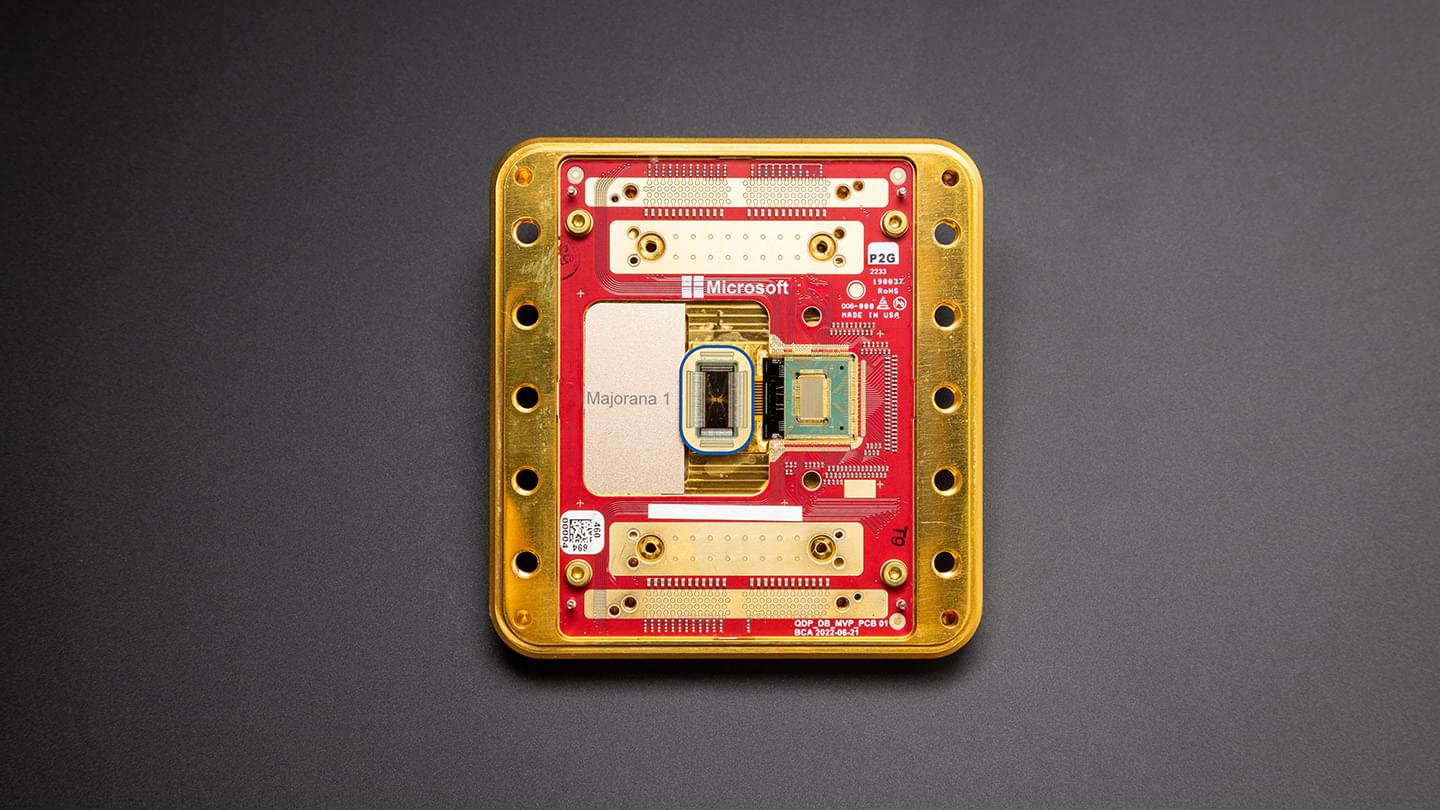
American tech giants are increasingly focusing on the humanoid robotics space, but analysts say they’re at risk of falling behind China.

A new study presents a compelling new model for the formation of super-Earths and mini-Neptunes – planets that are 1 to 4 times the size of Earth and among the most common in our galaxy. Using advanced simulations, the researchers propose that these planets emerge from distinct rings of planetesimals, providing fresh insight into planetary evolution beyond our solar system.
A new study by Rice University researchers Sho Shibata and Andre Izidoro presents a compelling new model for the formation of super-Earths and mini-Neptunes — planets that are 1 to 4 times the size of Earth and among the most common in our galaxy. Using advanced simulations, the researchers propose that these planets emerge from distinct rings of planetesimals, providing fresh insight into planetary evolution beyond our solar system. The findings were recently published in The Astrophysical Journal Letters.
For decades, scientists have debated how super-Earths and mini-Neptunes form. Traditional models have suggested that planetesimals — the tiny building blocks of planets — formed across wide regions of a young star’s disk. But Shibata and Izidoro suggest a different theory: These materials likely come together in narrow rings at specific locations in the disk, making planet formation more organized than previously believed.
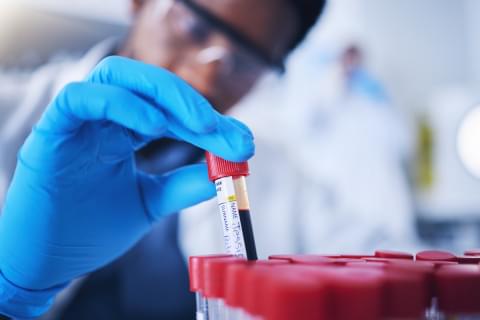
Research findings focus on people with a sleep disorder, but could have broader implications. For people with a certain sleep disorder, a simple blood test could help predict the development of dementia years before symptoms appear, a new study indicates.
Idiopathic REM sleep behaviour disorder (iRBD) causes people to physically act out their dreams while sleeping.
The disorder is also associated with a very high risk of Parkinson’s disease and a related condition called Dementia with Lewy Bodies.
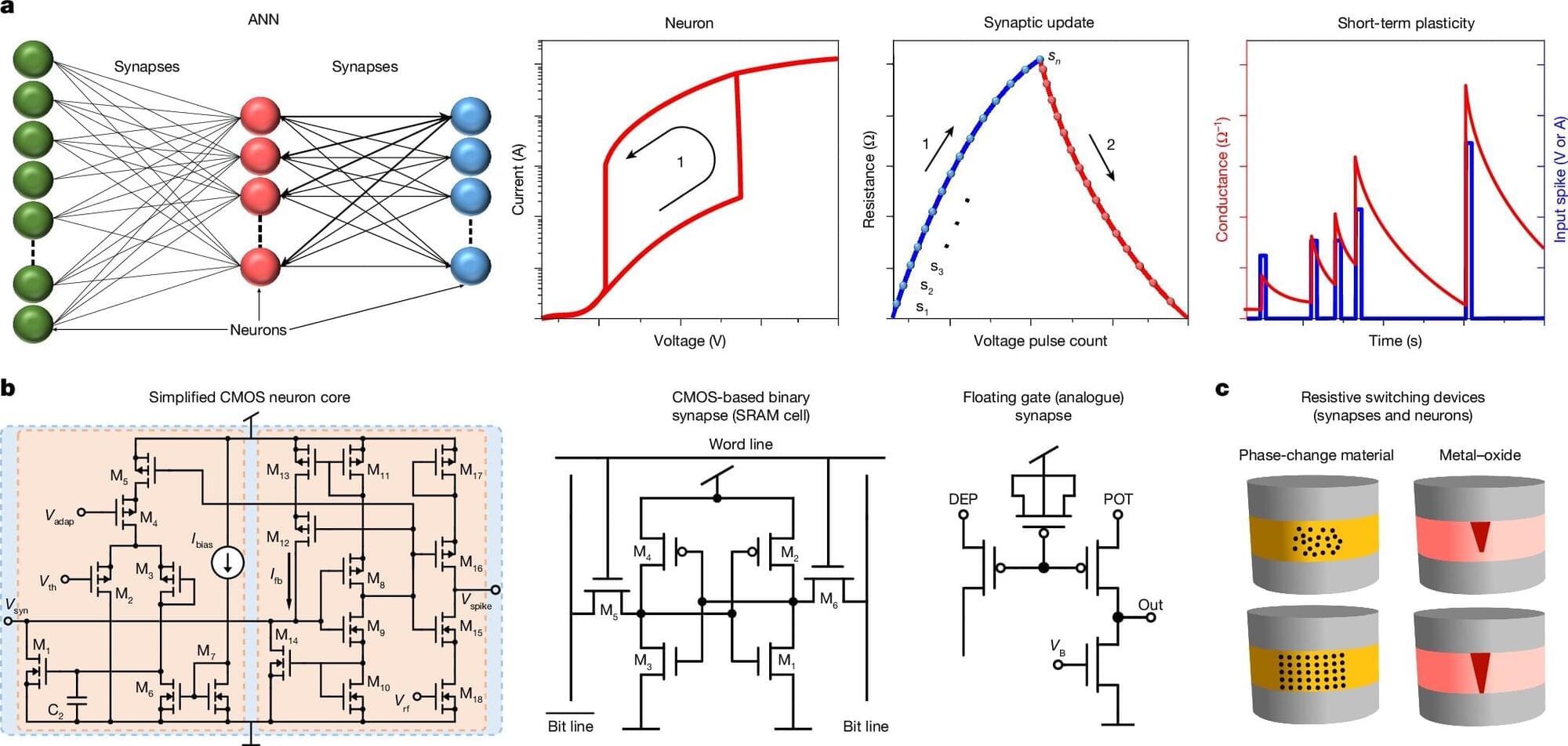
Researchers from the National University of Singapore (NUS) have demonstrated that a single, standard silicon transistor, the fundamental building block of microchips used in computers, smartphones and almost every electronic system, can function like a biological neuron and synapse when operated in a specific, unconventional way.
Led by Associate Professor Mario Lanza from the Department of Materials Science and Engineering at the College of Design and Engineering, NUS, the research team’s work presents a highly scalable and energy-efficient solution for hardware-based artificial neural networks (ANNs).
This brings neuromorphic computing —where chips could process information more efficiently, much like the human brain —closer to reality. Their study was published in the journal Nature.
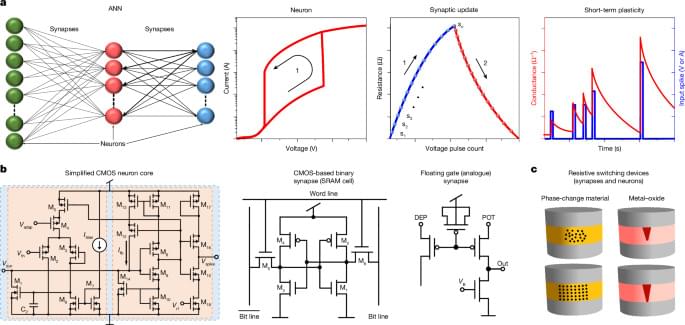
Anyone who develops an AI solution sometimes goes on a journey into the unknown. At least at the beginning, researchers and designers do not always know whether their algorithms and AI models will work as expected or whether the AI will ultimately make mistakes.
Sometimes, AI applications that work well in theory perform poorly under real-life conditions. In order to gain the trust of users, however, an AI should work reliably and correctly. This applies just as much to popular chatbots as it does to AI tools in research.
Any new AI tool has to be tested thoroughly before it is deployed in the real world. However, testing in the real world can be an expensive, or even risky endeavor. For this reason, researchers often test their algorithms in computer simulations of reality. However, since simulations are approximations of reality, testing AI solutions in this way can lead researchers to overestimate an AI’s performance.